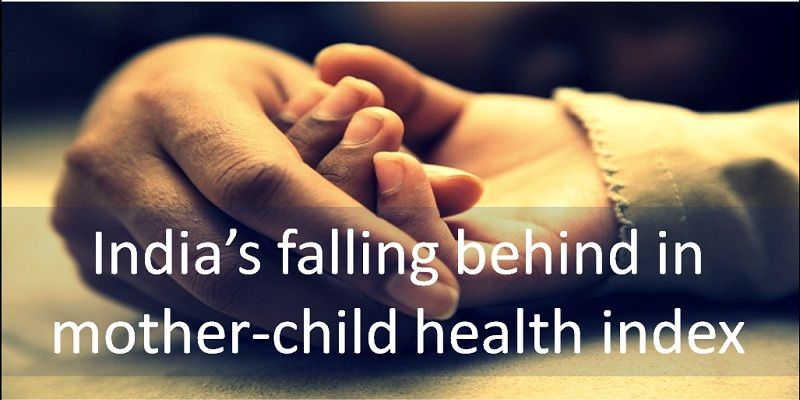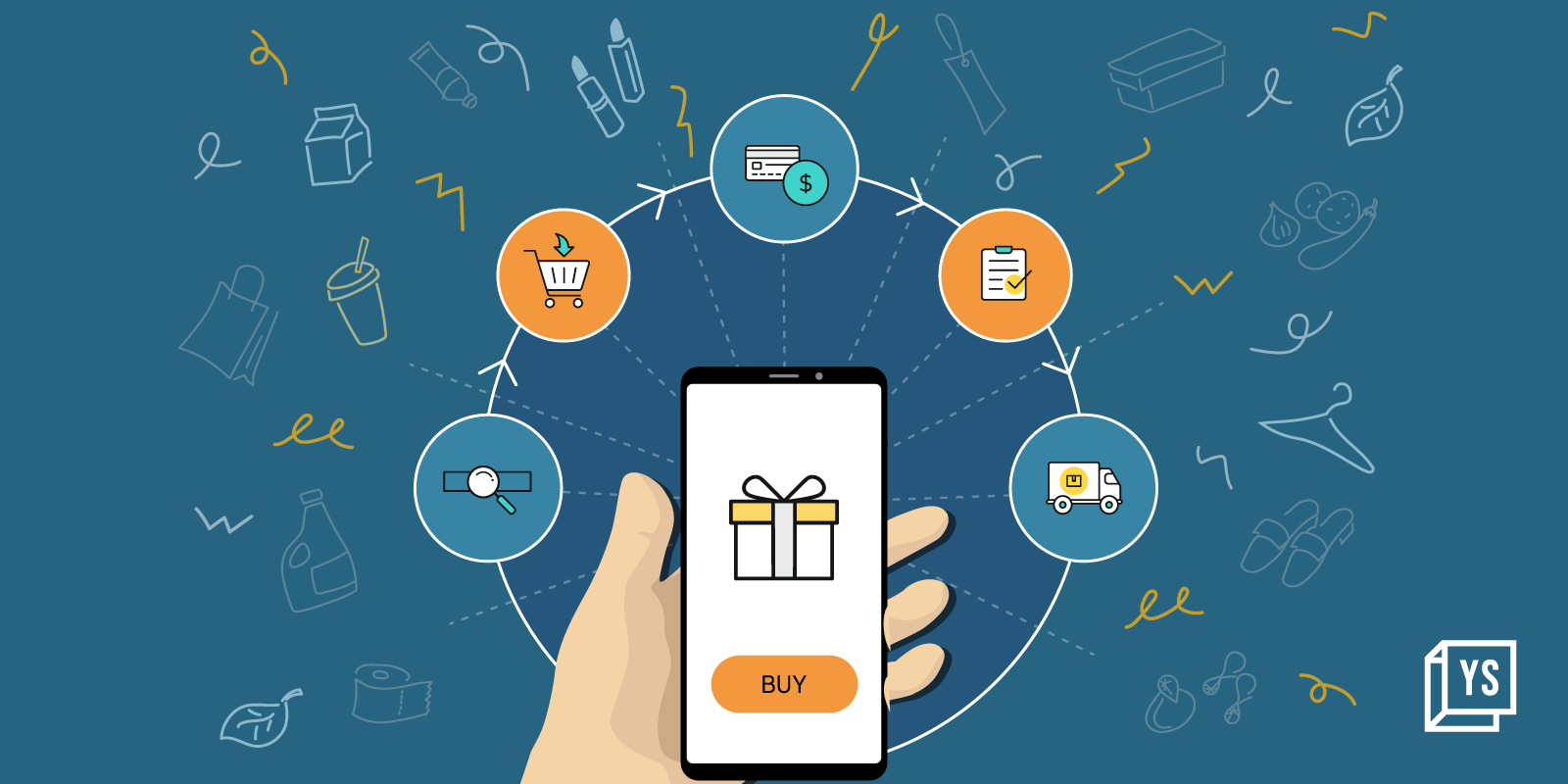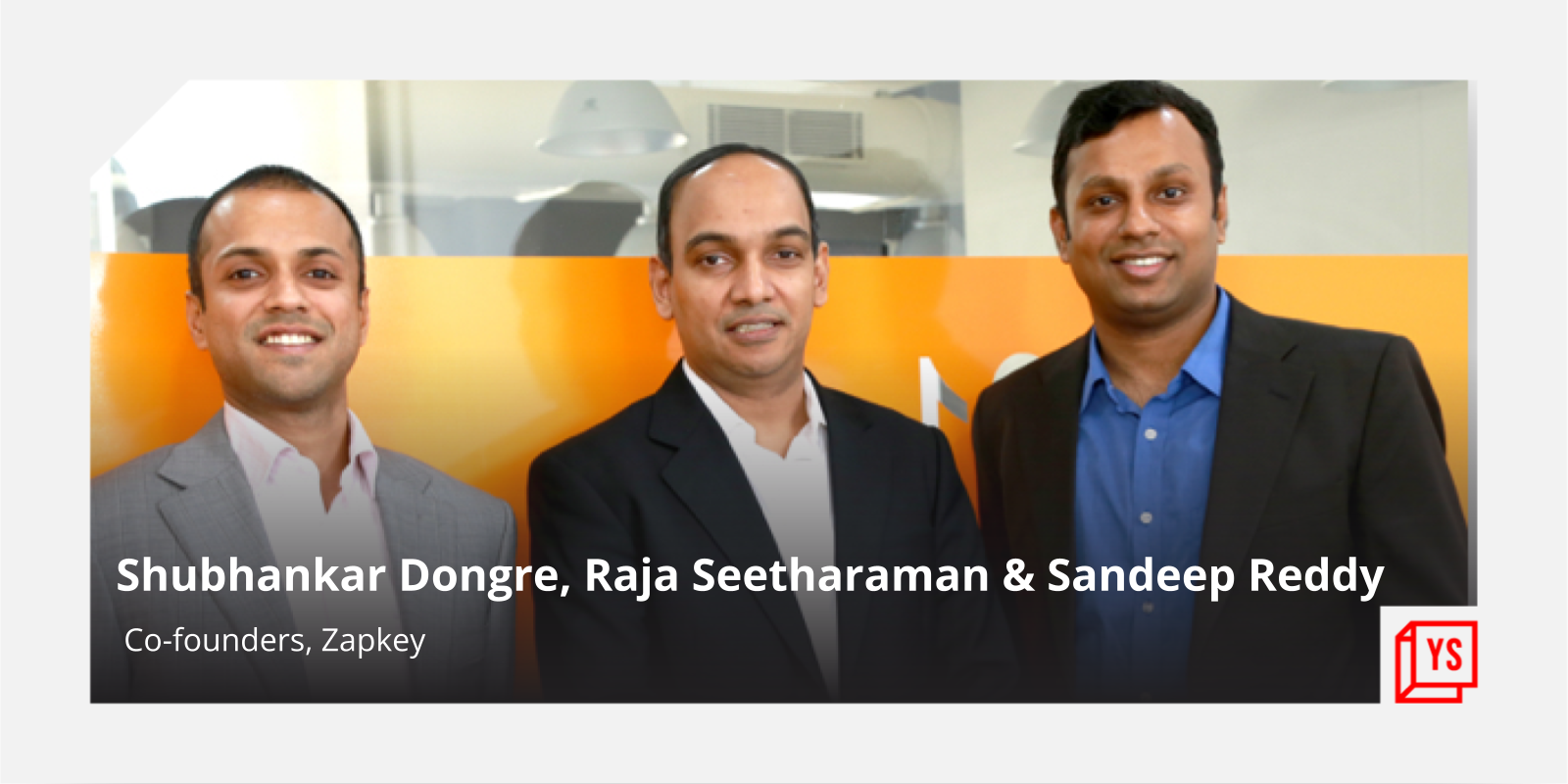India behind Bangladesh and Zimbabwe on mother-child health index
All is not hunky dory for the mothers in India. The larger role played by a mother in our society is often overlooked. Mothers bring up the leaders of tomorrow. Mothers raise the future citizens who are the very building blocks of a society. Keeping this simple fact in mind, it is appalling how the Motherhood Index metric is not given even a fraction of the importance it deserves.
According to a recent report by Save the Children, researchers compiled the index of 179 countries by using data from UN agencies to show where mothers and children fare best and where they face the greatest hardships. Adding insult to injury is the fact that we have slipped three ranks down from last year and now stand at 140, behind countries like Zimbabwe, Bangladesh and Iraq. The report has five factors based on which a country’s standing (amongst 179 countries) is calculated – maternal health, children’s well-being, educational status, economic status, and political status.

This Mother’s Day, let’s hope that we fare better on each of these factors and move north in the 2015 rankings, making our country mother and child friendly. Here are some organizations that are putting their best foot forward for mothers and children.
- Gates Foundation has a dedicated program for maternal and neonatal health – Maternal, Newborn & Child Health program. The program’s is on mission to ensure that women and newborns survive and remain healthy during pregnancy and childbirth and to improve health outcomes for young children. Gates Foundation has been working towards tying together tools, technology, and treatments to better healthcare services and practices, and advocate for comprehensive national and global policies that benefit maternal, newborn, and child survival and health. Their continual efforts to bring about a change in this sphere are currently ongoing in Ethiopia, northern Nigeria, and the Indian states of Bihar and Uttar Pradesh. These geographies are responsible for the majority of world’s maternal and newborn deaths.
- CARE – CARE has committed itself to helping woman enjoy their fundamental right – access to quality sexual, reproductive and maternal health. Their efforts to alleviate these conditions will also help in gender equality. CARE realizes that “right to health” can’t be achieved by a single institution. In order for a large-scale change in maternal and newborn health, there are host of changes that are needed that include changes in organizations and policies at all levels. They have been working in developing nations with high mortality rates for the past 50 years bringing about change in healthcare services and policies that affect the quality of life of women and children.
- Biosense – Their first product ToucHb is a needle free anaemia screening tool. Anaemia has been identified as the main culprit in maternal and infant death caused due to complications at birth. Early detection can exponentially reduce these deaths. The device can be easily used in the rural pockets.
- Institute for Indian Mother and Child (IIMC) is a non-governmental organization founded by Indian physician Dr. S. K. Brahmochary. His vision was to improve the quality of life of the BoP population. The issues of mother and child welfare as well as woman empowerment are of central importance to IIMC.
- Foundation for Mother and Child work in economically underprivileged communities to provide full access to Preventive Health and Balanced Nutrition. To educate the affected groups about the nutrition, FMCH has awareness programs – Accha Baccha class, pregnancy clubs and community support volunteer program. FMCH works with the main segment hit by malnutrition – children under six, mainly under three and pregnant & lactating women. FMCH also helps parents in understand the nutritional needs of a child. They regularly collect data to closely monitor the progress made by the affected segment.
- Apne Aap Women’s Collective works with trafficked marginalized brothel based prostitutes, their daughters, other marginalized girls and children in the red light district to ensure that they don’t fall trap to inter-generational prostitution. They run three programs: ‘Umeed’ for women in brothel-based prostitution(ages 18+), ‘Udaan’ for daughters of Umeed members and other girls living in the red light area (ages six-18), and ‘Umang’ for toddlers of ‘Umeed’ members and other children living in the red light area (ages two-five).
- Bempu Two major causes of newborn deaths are hypothermia and infection. Surprisingly, the simple step of monitoring temperature is often overlooked in areas that house uneducated parents or areas that have medical facilities that are short on manpower. BEMPU is developing an intuitive neonatal temperature monitor that empowers mothers to better manage their newborn’s temperature thereby preventing such death and illness.
- Embrace Innovations is a social enterprise working to help millions of vulnerable babies through its revolutionary low-cost infant warmers. The ‘Embrace infant warmer’ is an award winning product that has already reached 1,50,000 babies across 10 countries!
- Child in Need Institute (CINI) is an international humanitarian organisation aimed at promoting “sustainable development in health, nutrition and education of child, adolescent and woman in need” in India. CINI’s India wing is headquartered in Kolkata and is working in some of the most impoverished communities in India.
- Seva Mandir has been working in rural Rajasthan for the past 45 years. They currently work with 360,000 people in 700 of the world’s poorest communities where people live on an average of $0.35 a day. The work on a host of issues – clean drinking water, food self-sufficiency, education (preschool to primary education), women empowerment and maternal and infant health services.
- Access: In the recent times, there have been health reforms but have increased access to facility based maternal and newborn care, but there has been no significant improvement in outcomes for mothers and infants. The critical success factor in making a significant change lies in the enabling medical facilities to provide high quality care. ACCESS Health India works directly with providers to identify, share, and scale hospital processes and procedures that lead to better outcomes for mothers and their children.
- Ayzh is a for-profit social venture providing health and livelihood solutions to impoverished women worldwide. Their first product ‘Janma’, a low-cost birth kit, was launched in 2010. It is complaint with World Health Organization’s guideline for a safe and hygienic birth.
Note: This is not an exhaustive list. There are many more people and organizations who are pulling all stops to make sure that we fare better as a country when it comes to maternal and neonatal care. Write to us at [email protected] if you know of individuals and organizations working for this cause.








